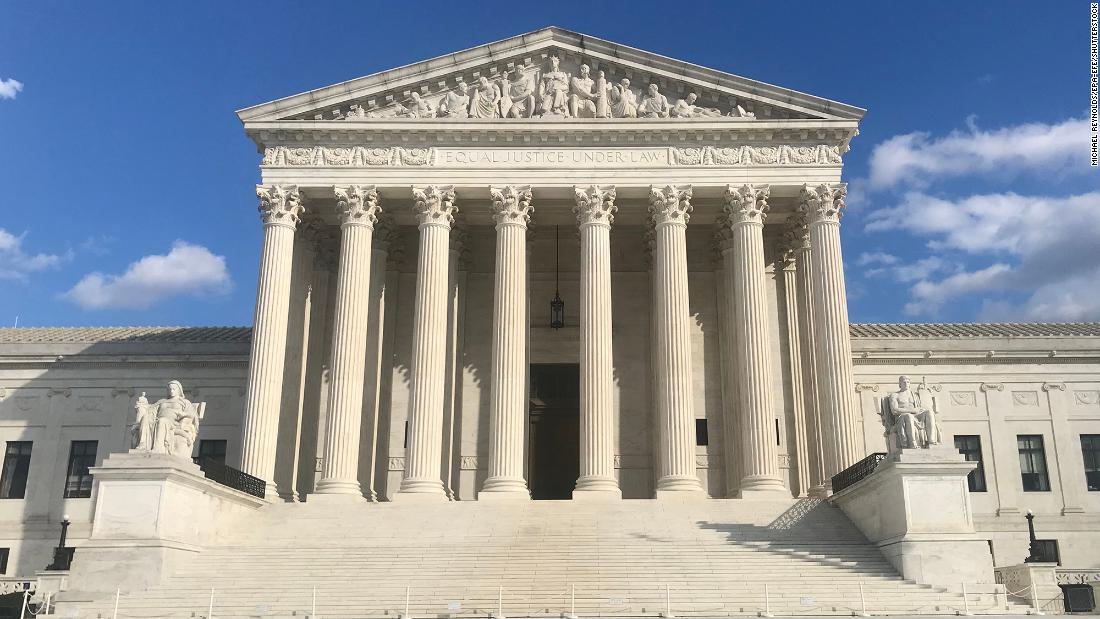The more I think about it the more this sentence stands out to me:
"
It is hard to understand why the Constitution would require a congressional supermajority to remove a disqualification if a simple majority could nullify Section 3’s operation by repealing or declining to pass implementing legislation."
If the writers of the Amendment believed that Congress should write legislation to apply the disqualification to insurrectionists, why would they write specifically that an act of Congress (a supermajority no less!) would be required to remove the disqualification?
With this logic it seems odd that the writers of that sentence (and the final paragraph I quoted in post
#3 above) would agree with the opinion; however, it is quite possible that they were acting politically (along with the rest) and felt that it was necessary to provide no dissents.
Edited to add: thinking on this more I realize that this was them indeed disagreeing with the majority on the part they thought had gone too far. However, if they did agree that the States don’t have the authority but disagreed that
only Congress would have the authority I wonder how they imagine the provision would be executed.

www.cnn.com
